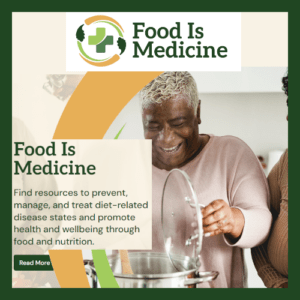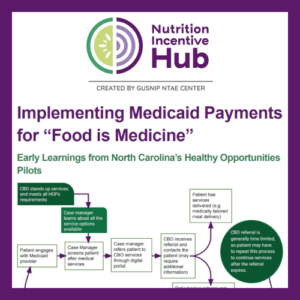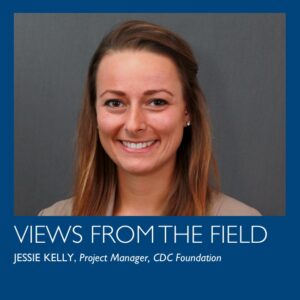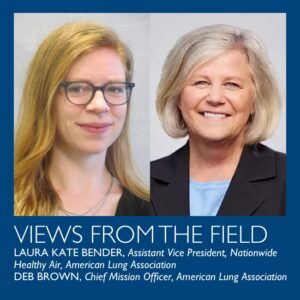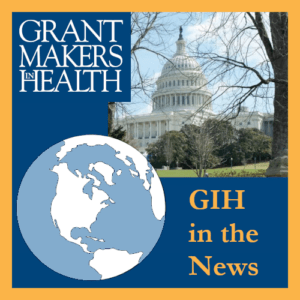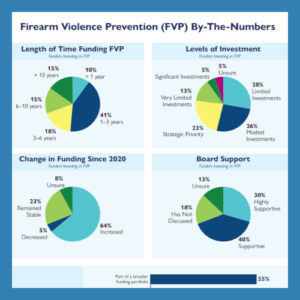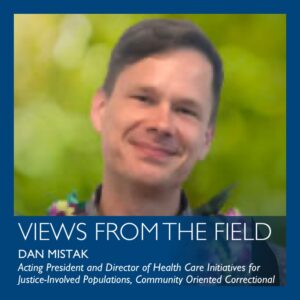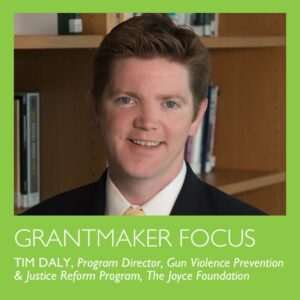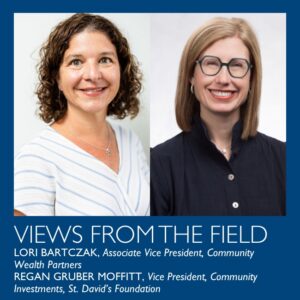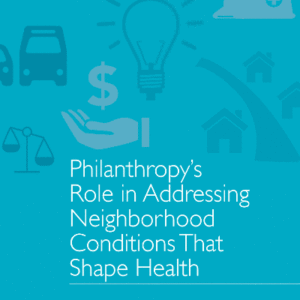Upcoming Events
Past Events
Featured Resources
New America Report Examines Subminimum Wage for Disabled Workers
Under the Fair Labor Standards Act, employers are allowed to pay disabled workers less than the federal minimum wage, which has significant impacts on these workers’ health and well-being. A report from New America examines, state by state, the policies that drive the use or elimination of the subminimum wage, as well as the programs each state provides to more comprehensively support individuals with disabilities as they seek meaningful employment and fair wages.
HHS Launches New Food is Medicine Virtual Toolkit
The Toolkit was developed in response to the National Strategy on Hunger, Nutrition, and Health and to support communities design and implement effective Food is Medicine interventions.
Case Study Examines Early Learnings in Using Medicaid Payments for Food is Medicine
A new resource commissioned by the Fair Food Network examines the early learnings from the Healthy Opportunities Pilots effort in North Carolina to use federal 1115 Medicaid Demonstration Waiver funding to scale and sustain community-based implementation of a combination of produce prescription programs, medically tailored meal programs, and nutrition education.
Explore Health Equity and Social Justice Topics
Recent Items - Climate and Environmental Health
Recent Items - Health Equity
Recent Items - Healthy Eating/Active Living
Recent Items - Housing
Marin Community Foundation: October 2024
Horizon Foundation: September 2024
Recent Items - Justice Reform
Recent Items - Social Determinants of Health
Marin Community Foundation: October 2024
Recent Items - Violence Prevention
The Joyce Foundation
Latest Resources
Humana Foundation Advances Equity Through Community-Engaged Research Practices
Grantmakers In Health’s Maya Schane spoke with Heather Hyden and Soojin Conover of the Humana Foundation about the Foundation’s recently published report, Strengthening Science and Community Impact Through Equitable Research Practices. The report examines innovative research methods adopted by the Foundation’s partners to promote health equity in public health research through community-engaged research practices.
Working Through Challenges to Sharing Power With Community: Highlights from a Session at Grantmakers in Health’s Annual Conference
The people closest to the issue best know the solutions. For health funders, sharing power with community could mean giving residents a voice in shaping your grantmaking priorities or where grant dollars are spent. Many funders understand that solutions are more likely to be successful when the people who are most affected have a voice in shaping them. But when it comes to including that voice, the work often stalls before it starts.
Remarks on Defending Philanthropy’s Freedom to Give
President and CEO of Grantmakers In Health (GIH), Cara V. James, delivered opening remarks at the 2025 GIH Annual Conference on Health Philanthropy in New Orleans.
From Recovery to Resilience: Investing in Collaborative Infrastructure for Health and Equity
After the 2018 Camp Fire – the most destructive and deadly wildfire in California’s history – the California Accountable Communities for Health Initiative (CACHI) understood that the community needed more than programming to recover. In response, the region’s Accountable Community for Health (ACH) was created – a community-rooted, cross-sector collaborative that invests in local leadership to shift systems, influence policy, and address both long-standing inequities and urgent crises.
Broken Triangle: A Framework for Reparative Philanthropic Relationships
Traditional philanthropic practices have often created imbalanced power dynamics and barriers for Black-led, Black-serving organizations. When the REACH Healthcare Foundation performed a portfolio review in 2018 that revealed this same exclusion within the foundation’s grantmaking investments, REACH committed to reshaping their funding approach, which aims to repair previously neglected —and in some cases, damaged —relationships.
Act Now to Protect Philanthropy, Medicaid, and SNAP
Right now, Congress is finalizing a massive budget reconciliation bill that threatens philanthropy’s freedom to give and endangers the health and well-being of many millions of Americans. We are reaching out today to raise awareness of three critical developments in the ongoing budget reconciliation process and to encourage you to act.
Reports and Publications
Investing in Latino Leadership for Health Equity and Justice
Rising inequality, shifting demographics, and current immigration policies have intensified efforts to promote health equity and social justice for Latinos. The second-fastest growing racial group in the United States, Latinos now make up 18 percent of the population (Flores 2017).
Philanthropy’s Role in Addressing Neighborhood Conditions That Shape Health
From sidewalks to toxic stress, evidence shows where people live has a greater impact on health than medical care, behavior, or genetics. As funders move upstream, there is increased interest in supporting efforts to build healthy places. This scan of the field explores how grantmakers are addressing neighborhood factors that shape health such as housing, community development, the built environment, and transportation.
Bridging Community Development, Health, and Metrics
The community development sector plays a vital role in improving neighborhood conditions, lifting people and places out of poverty, and transforming the health of low-income communities. Increasingly, community development financial institutions (CDFIs) are partnering with health foundations to invest in health-promoting efforts such as affordable housing, health clinics, grocery stores, and child care centers.
Strengthen your knowledge, skills, and capacity.
GIH focuses our programming around five areas that are critical to achieving better health for all.
We invite you to explore the resources available on our focus areas pages, browse content in more specific issue areas, and to connect with GIH staff to discuss how we can partner and support your work.


